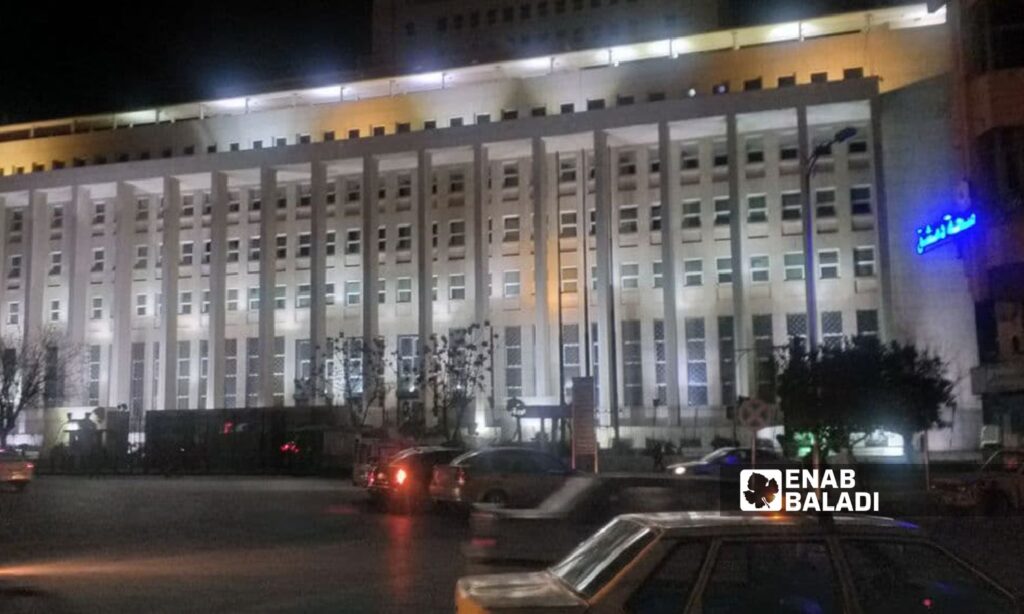Today, Thursday, June 13, the Central Bank of Syria issued a decision to replace the remittances and exchange rates bulletin that is issued daily with the banks and exchange rates bulletin.
According to the decision, the exchange rate bulletin applied to external remittances, regardless of their source, will be unified. This new bulletin will also be applied to all transactions, fees, wages, penalties, and fines unrelated to customs transactions.
The Central Bank justified the decision as a way to facilitate banking procedures and to unify the exchange rates applied by banks and exchange companies.
The decision coincides with the approaching Eid al-Adha holiday and the usual increase in financial transfers to Syria during these festive days.
The Syrian regime is trying to control the financial market in its regions, restricting currency movement to official channels to achieve economic gains.
On January 20, the regime’s President, Bashar al-Assad, issued two legislative decrees related to dealings in currencies other than the Syrian pound, and the practice of currency exchange without a license, as well as transferring or exchanging foreign currencies outside of Syria.
Decree No. 5 of 2024 reaffirmed the previous ban on using currencies other than the Syrian pound for payments or any commercial exchanges. It maintained imprisonment penalties but allowed defendants the right to “settlement” before the judiciary, which could exempt them from imprisonment that may extend beyond seven years in some cases.
Regarding currency exchange and transferring money abroad, Decree No. 6 of 2024 introduced stricter penalties for those practicing currency exchange without a license, and for those transferring or exchanging foreign or local currencies between Syria and abroad without a license.
The decree penalizes the practice of financial transfers with temporary imprisonment of five to fifteen years and a fine amounting to three times the confiscated amounts, with a minimum fine of 25 million Syrian pounds. It also mandates the confiscation of seized amounts in cash and any amounts recorded in paper or electronic documents, and prohibits bail for these specific crimes.
The regulations related to controlling dealings with foreign currencies have been consistently on the regime’s government’s agenda over the past years and their frequency has increased since 2021, when the Syrian pound experienced a series of devaluations, reaching 14,800 pounds to the US dollar according to the S-P Today rate bulletin, issued today, Thursday.











